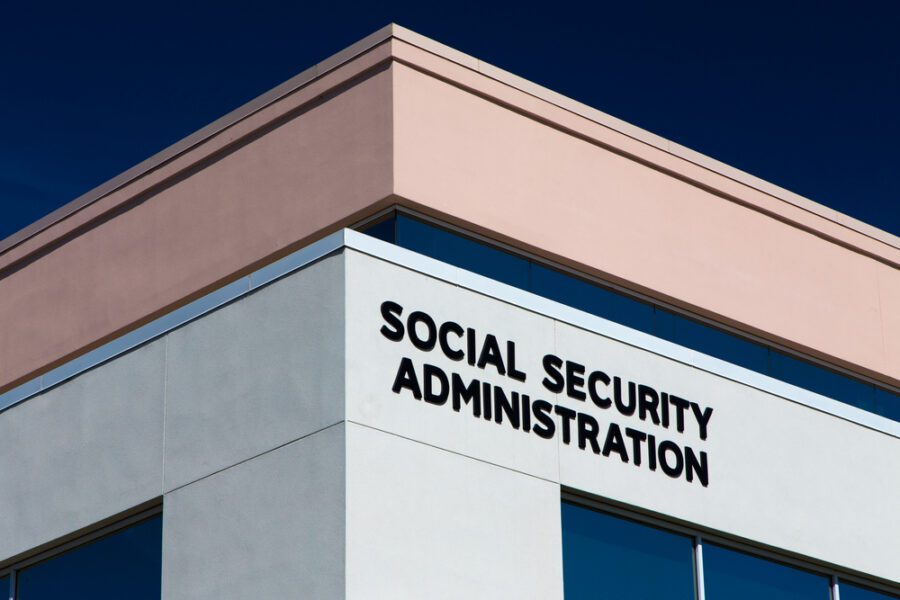
6. Certain Government Workers, Teachers, and Railroad Employees
Some jobs don’t contribute to Social Security. The Civil Service Retirement System, also known as CSRS, covers federal government employees hired before 1984 and offers retirement, disability, and survivor benefits. Since no Social Security taxes were deducted from their paychecks, these workers aren’t eligible to get retirement benefits.
If they had another job that allowed them to earn benefits, they may still be eligible to get Social Security though. The same if they have a spouse who paid Social Security contributions. Still, in these cases, CSRS pension payments may decrease Social Security benefits. The latter are available to government employees who are covered by Federal Employees Retirement System (FERS), which substituted CSRS.
Most state and local workers are protected by Social Security under Federal Agreement Section 218. However, if they don’t pay Social Security taxes, certain types of these workers, such as teachers, won’t be eligible to get Social Security benefits. Employers are the ones who generally provide them with pension benefits.
Some railroad employees aren’t eligible to get Social Security or premium insurance programs either. The Railroad Retirement Board (RRB) only covers those who have worked in the railroad industry for at least 10 years (or 5 years after 1995).
Railroad workers who have worked less than 10 years can’t receive retirement benefits through the RRB, but they can be eligible for retirement benefits once they complete the Social Security requirements.










So glad to hear of this income increase. So many people are barely making it due to the inflation increase since Covid.